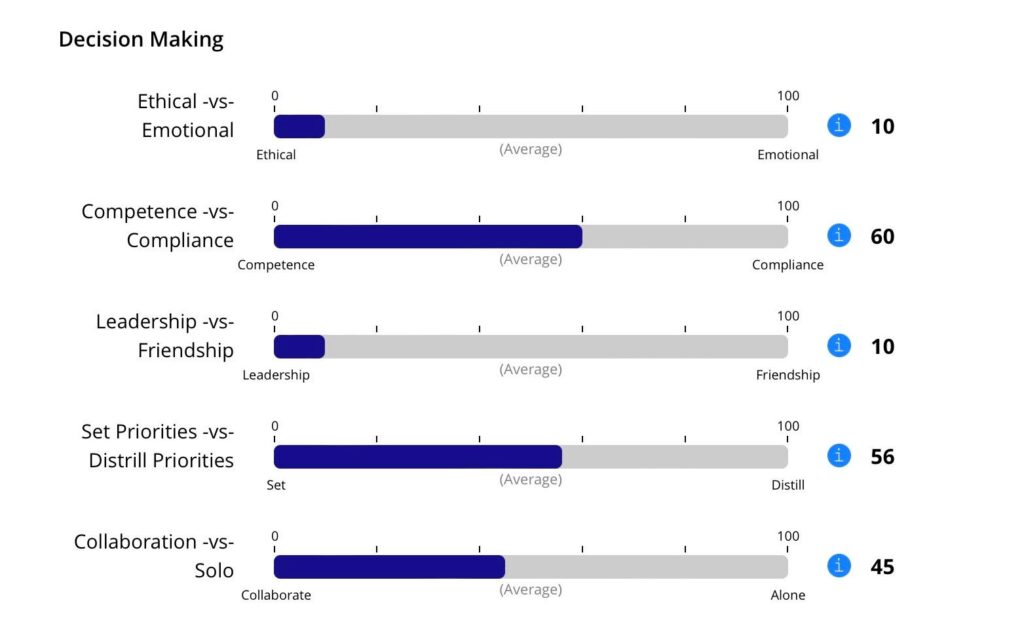By Sara Dexter, University of Virginia; Davis Clement, Daniel Moraguez, and Ginger S
By Sara Dexter, University of Virginia; Davis Clement, Daniel Moraguez, and Ginger S
Simulations are real-world models of systems or processes that allow students to evaluate the effects of various activities on the model. The University of Pennsylvania created the SchoolSims software simulations as a professional development experience for K-12 in-service school leaders and ELPPs. Practicing school leaders in a mid-career doctoral program drew upon events they experienced to develop the original group of simulations as course assignments. SchoolSims software simulations use audio and video of actors to present the scenario. They are usually accompanied by similar text and sometimes reference materials to add further detail to the context. The interface allows students to advance the simulation as new stakeholders present additional information and interactions to contextualize the problem further. Like a complex “choose your own adventure” story, multiple choice answers are used at certain junctions in the simulation to present actions the learner may take.
The SchoolSims simulations give feedback to learners in a variety of ways. At the very least, the various combinations of the learners’ choices will result in several predetermined ending points, some portraying them as successful outcomes. Others are depicted as less successful outcomes, prompting the learner to restart the simulation and try again. Some SchoolSims simulations present on-screen indicators of performance during the sim. For example, in a teacher evaluation simulation, the learners see a scale representing the teacher’s stress level as feedback on their actions. Others provide summary information or performance ratings. Dr. David DeJong and Dr. Trent Grundmeyer (2018) tested this tool in individual and group settings at two different colleges and surveyed their students to see how beneficial they thought it was. The simulations helped them realize different perspectives and increased their self-confidence to lead, according to participants. The class discussions were highly engaging and stimulated critical thinking, and the simulations helped them realize different perspectives and increased their self-confidence to lead. They also saw the simulations as assisting them in meeting course goals.

The nonlinearity and complexity of simulation narratives require a simultaneous understanding of the problem, knowledge integration, appropriate information identification, and anticipation of consequences. Through this problem-based decision-making exercise, theory learned through other methodologies can be applied in practice. The use of digital simulations as a pedagogical approach goes beyond the traditional student-teacher interaction in which sharing and acquiring knowledge occurs. Digital simulations help learners construct knowledge by providing the context from which problems of practice arise. As a result, acquiring procedural, contextual, and experiential knowledge through trial and error in an interactive, digital environment is encouraged because there is no risk of injuring students or other stakeholders.
We present (inter)active learning pedagogy, emphasizing the reciprocal contributions of learner and modality, and underline the importance of digital cases, digital simulations, and clinical simulations in leadership preparation. When we consider the practice required for the performative nature of standards and the development of self-efficacy in potential leaders, the (inter)activity of learning in principle preparation programs is critical. Opportunities in ELPPs for future administrators to rehearse leadership practices that situate their learning in rich contexts (Brown et al., 1989; Hallinger, 2018; Lave & Wenger, 1991) are essential to developing qualified school leaders. With this understanding, ELPP faculty should review the extent to which their coursework provides access to both active and (inter)active learning pedagogies and how they relate to, scaffold between and enrich each other as pedagogies along a continuum of decreasing abstraction and increasing embeddedness in the field.
Thank you for taking the time to read our latest blog post. Do you want to learn more about how SchoolSims might benefit your organization? Please fill out the form below, and we will gladly answer any questions you may have!